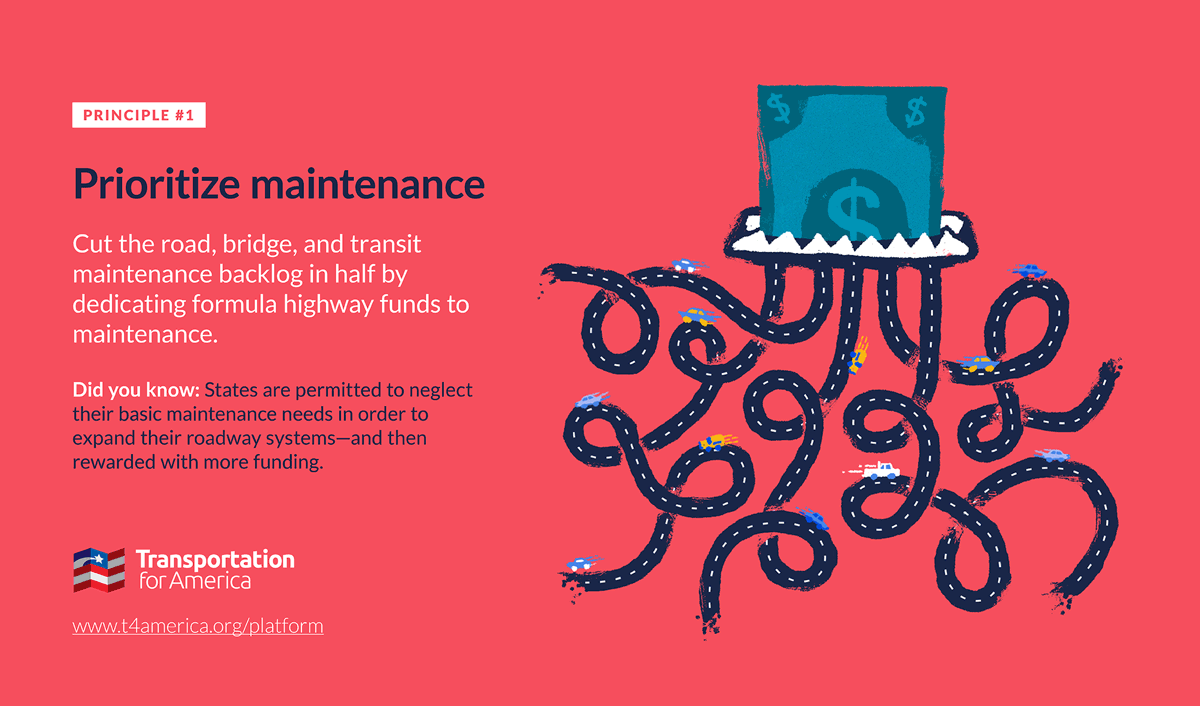Posts Tagged "congress"
Congressional briefing emphasizes electrification and public transit to meet climate goals
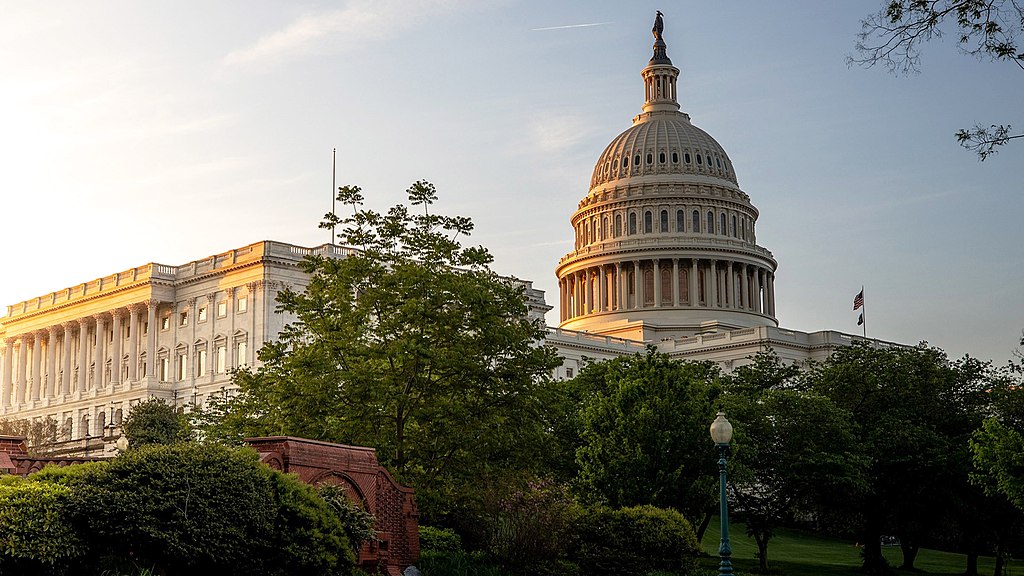
54 years since the first Earth Day, the US is still focusing on highway expansion. In light of increasing greenhouse gas (GHG) emissions, due in part to the Infrastructure Investment and Jobs Act (IIJA), Transportation for America and its partners engaged the Future of Transportation Caucus to brief Congress on transportation decarbonization. We explained that to truly decrease emissions we need to electrify transportation systems and replace car trips with other modes of transportation.
Why we need the Stronger Communities Through Better Transit Act
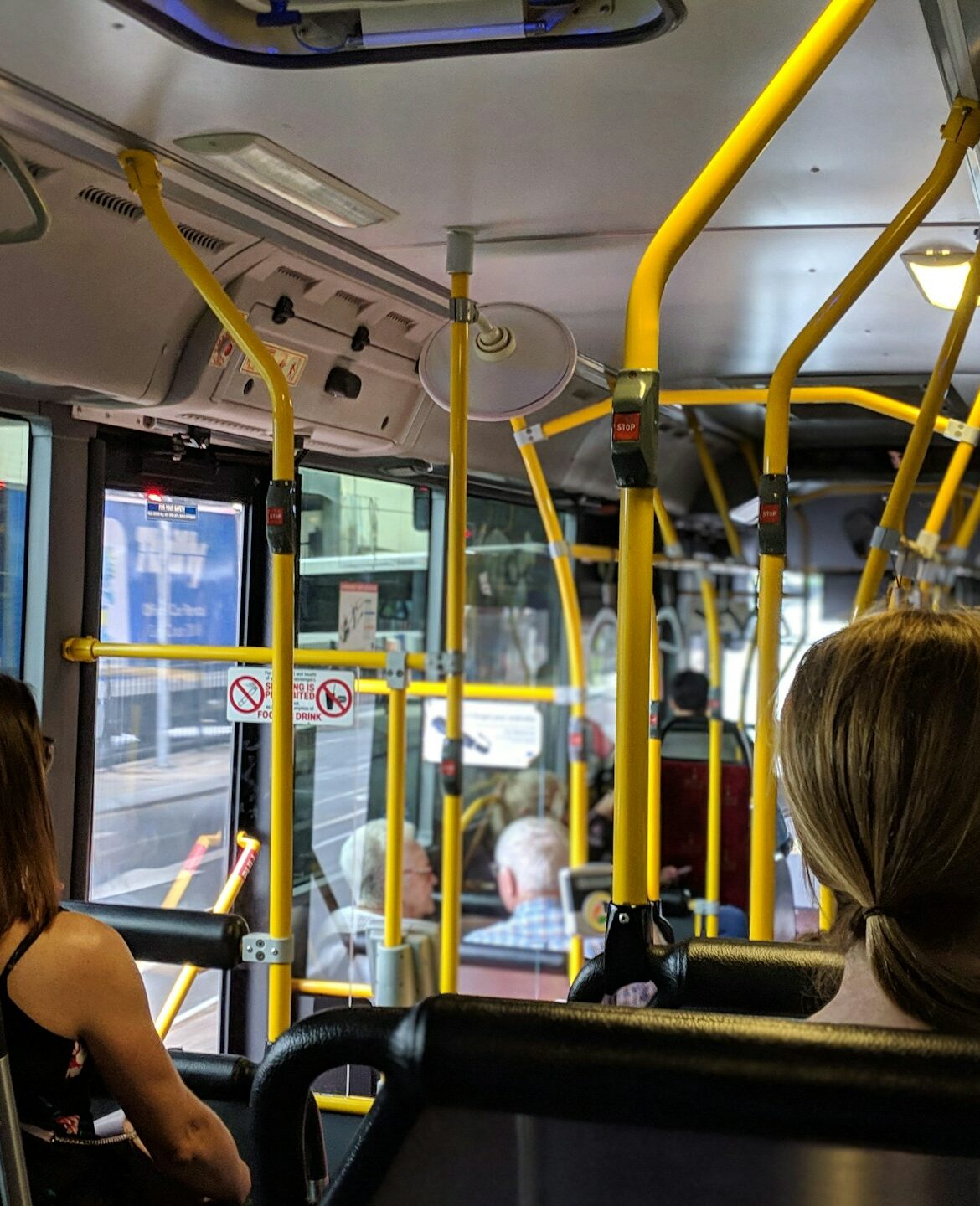
Representative Hank Johnson (GA-04) reintroduced the Stronger Communities Through Better Transit Act, which would establish a federal funding program for transit operations, providing $20 billion in annual funding over four years ($80 billion) to expand the service of buses and trains. We are joining the National Campaign for Transit Justice, the Transport Workers Union of America (TWU) and the Amalgamated Transit Union (ATU) in support of this bill.
Setting priorities at Future of Transportation Caucus Roundtable
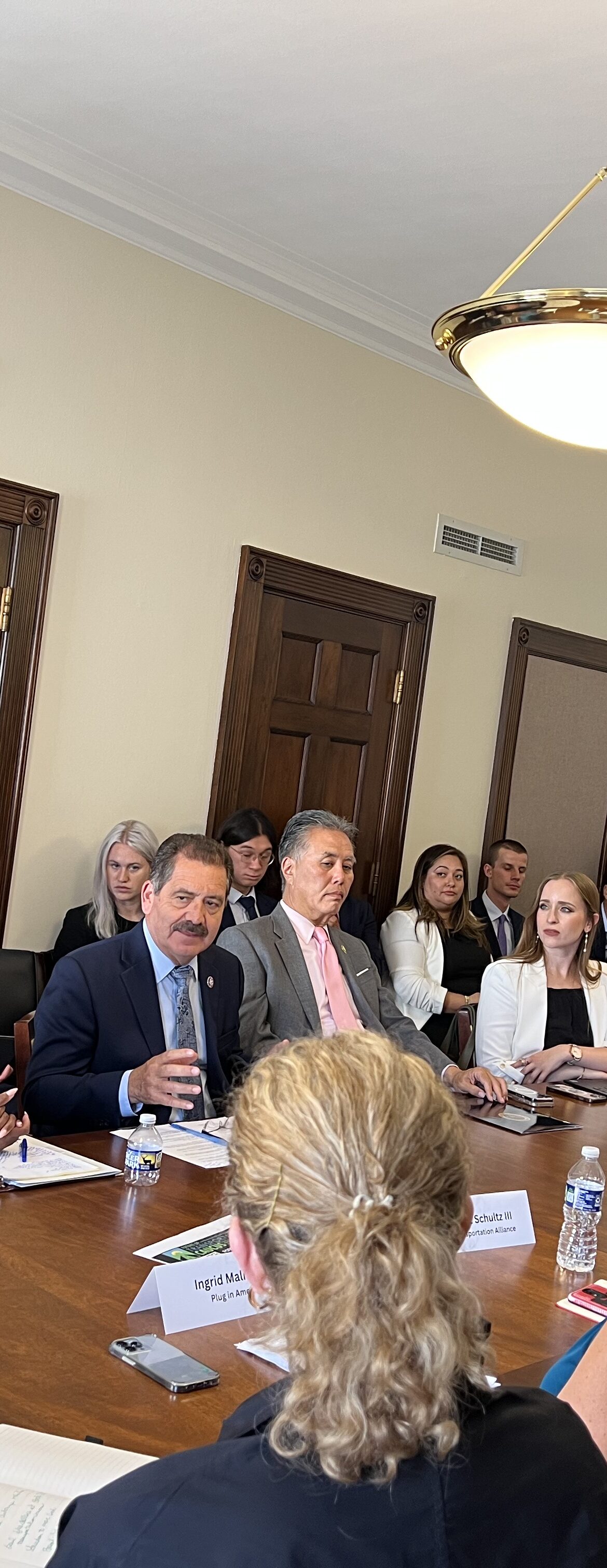
With federal transportation funding set to be reauthorized in three years, the congressional Future of Transportation Caucus met with advocates to discuss the country’s most pressing funding priorities.
House threatens funds for reconnecting communities

The House’s debt ceiling package, H.R. 2811, proposes cuts to several programs, including the Neighborhood Access and Equity Program established under the Inflation Reduction Act. In response, T4A Director Beth Osborne issued the following statement.
Greener Fleets: How federal dollars can supply the demand for clean transit
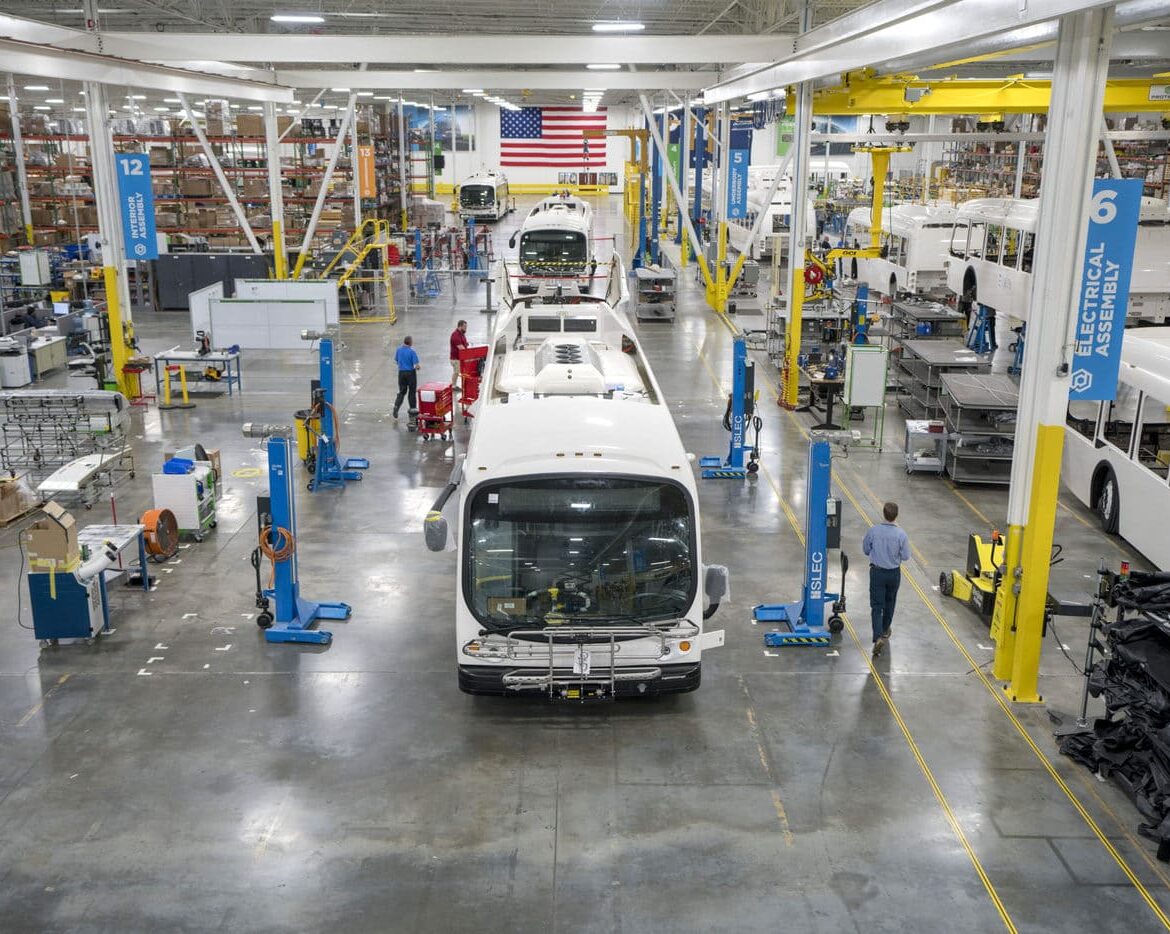
The Low and No Emission Vehicles (Low No) program saw a big increase in funding in America’s historic infrastructure law, but an outdated and arbitrary requirement is pushing transit agencies toward buses that still pollute. Here’s how Congress and the Federal Transit Administration can avoid locking in emissions for years to come.
The incoming Congress still has plenty of transportation work to do
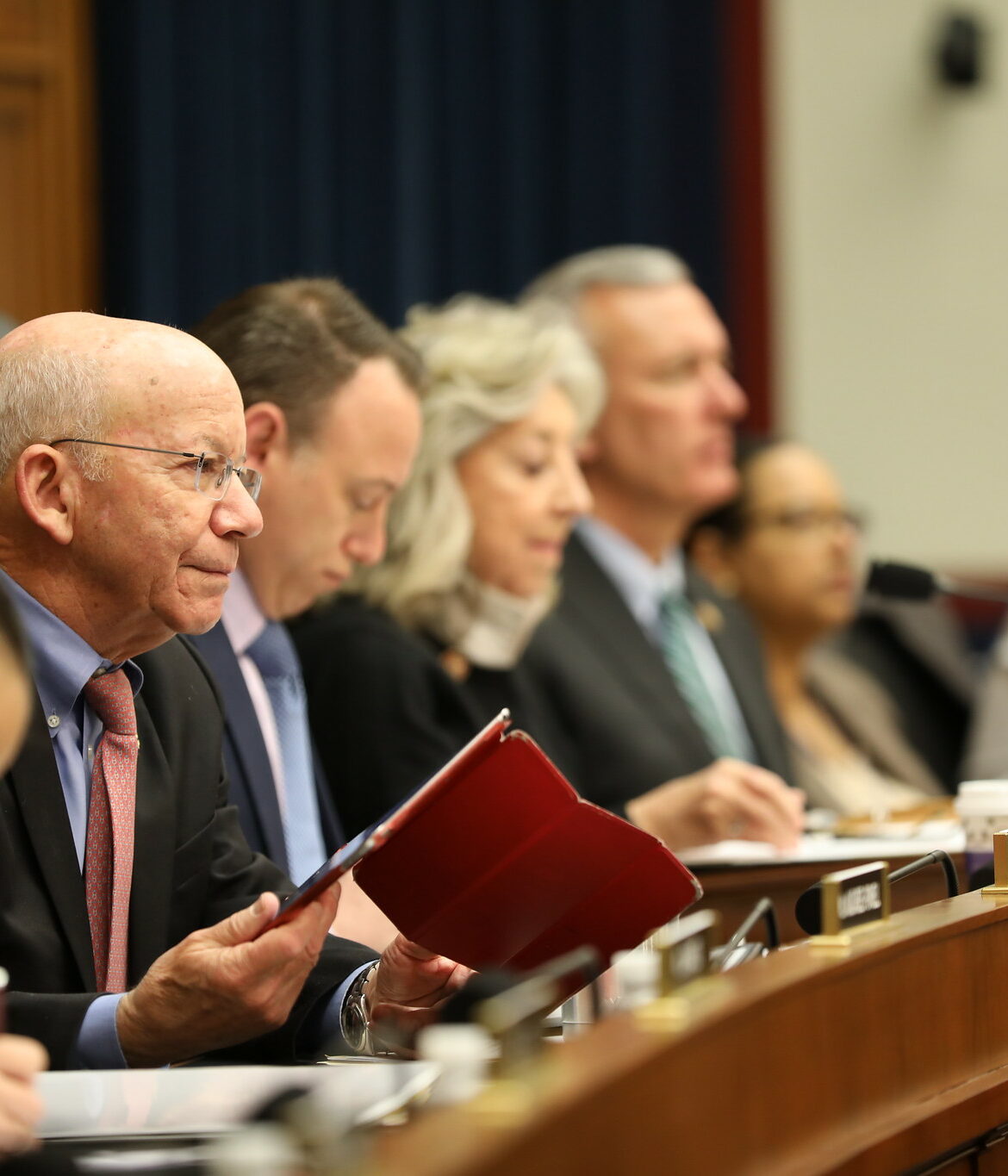
As the sun sets on the 117th Congress with the bipartisan infrastructure law under their belts, it is up to the 118th Congress to deliver meaningful oversight and leadership on implementing those funds and guide the future of America’s transportation system.
How to engage with new elected leaders
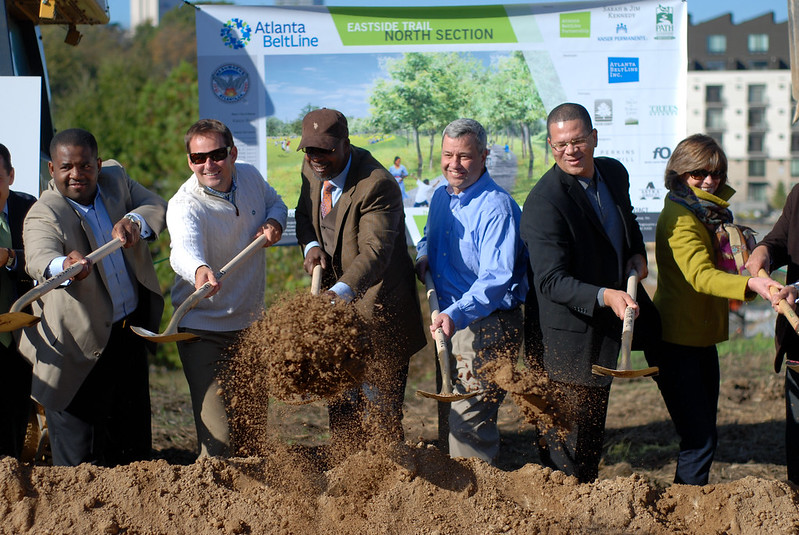
New state and federal leaders will take office in January. Where they stand on transportation will have a significant impact on the future of mobility in America. Here’s how you can engage with your new elected officials to help improve our transportation system in coming years.
Our advice to USDOT and Congress: Make no little plans
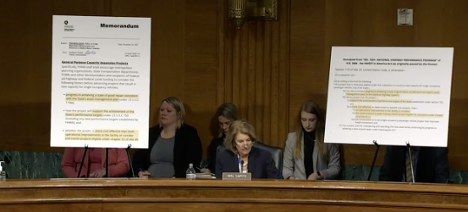
A Senate committee called Transportation Secretary Pete Buttigieg to testify about implementing the new infrastructure law, but much of the day was spent criticizing or defending FHWA’s nonbinding memo encouraging states to prioritize state of good repair, safety, and climate mitigation—displaying a deep confusion in some members of Congress about the limits of USDOT’s authority.
The infrastructure bill is finished—what you need to know
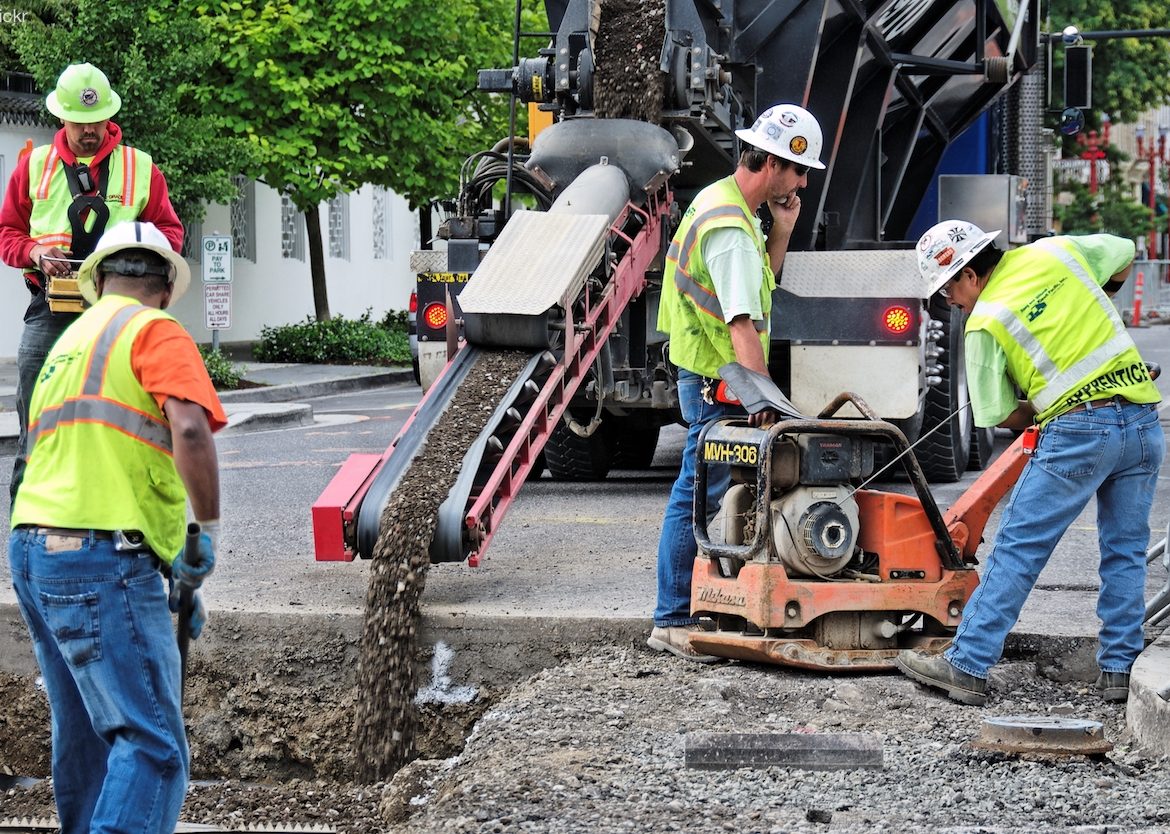
The $1.2 trillion infrastructure bill is notable both for including Congress’ most significant effort to address climate change, and its general failure to make fundamental changes to a transportation program that’s responsible for massive increases in transportation emissions, worsening state of repair, unequal access to jobs, and increasing numbers of people killed on our roadways.
Step one for repairing a problem: Stop making it worse
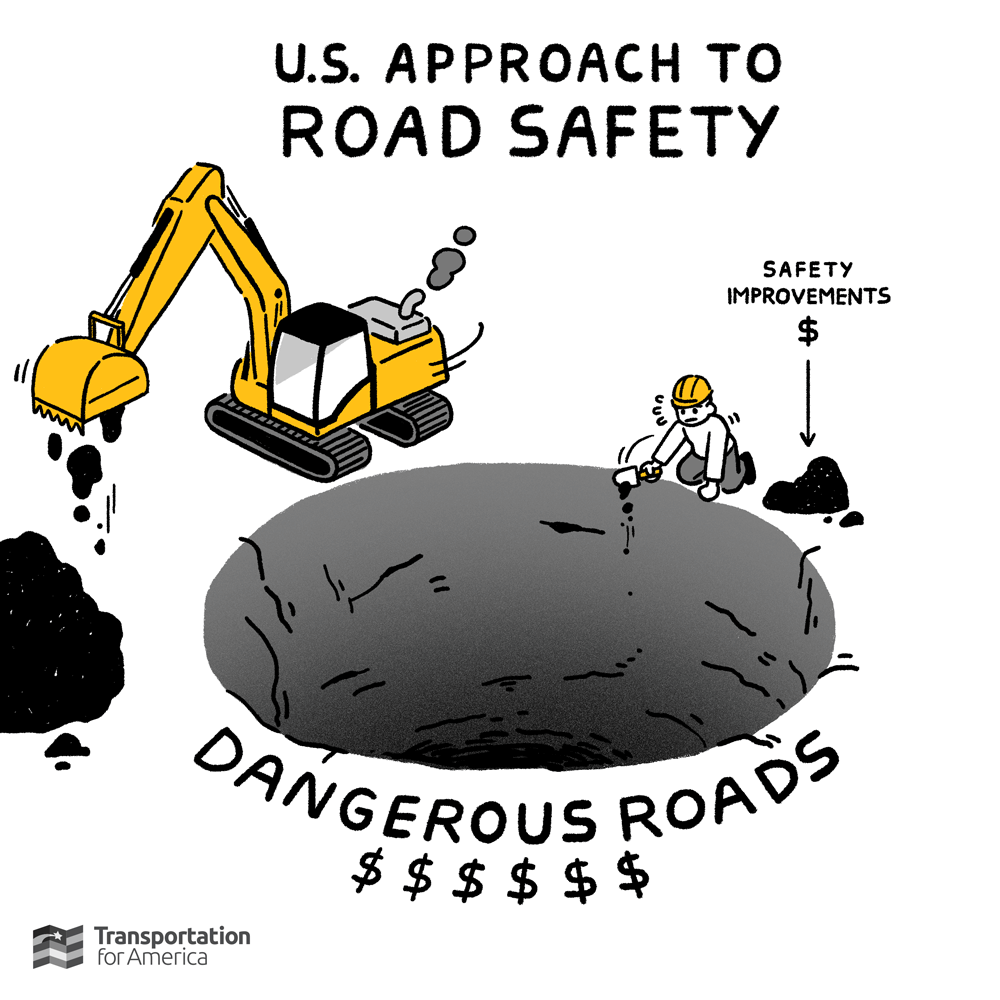
Swap in any pressing issue—climate change, repair, safety—and this new illustration by Jean Wei describes the approach to solving it within the much-debated infrastructure bill, which passed on its own late last Friday. You’ll be hearing a lot of unfettered praise for it today, but we’re far more circumspect.
Transit funds could crack under the pressure of the budget deadline
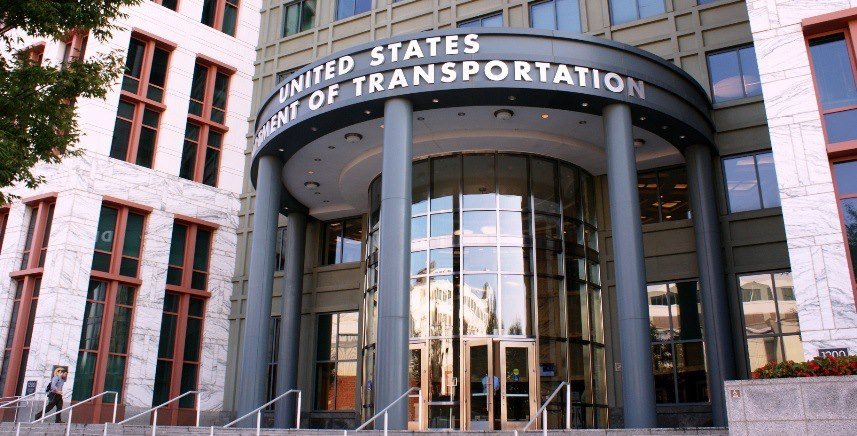
The upcoming continuing resolution to fund the government and avert a shutdown won’t include transportation spending, piling on the pressure to pass the infrastructure deal and budget reconciliation. Congress could end up gutting the reconciliation package to make a deal.
What we want Secretary Buttigieg to answer at the House Transportation hearing tomorrow
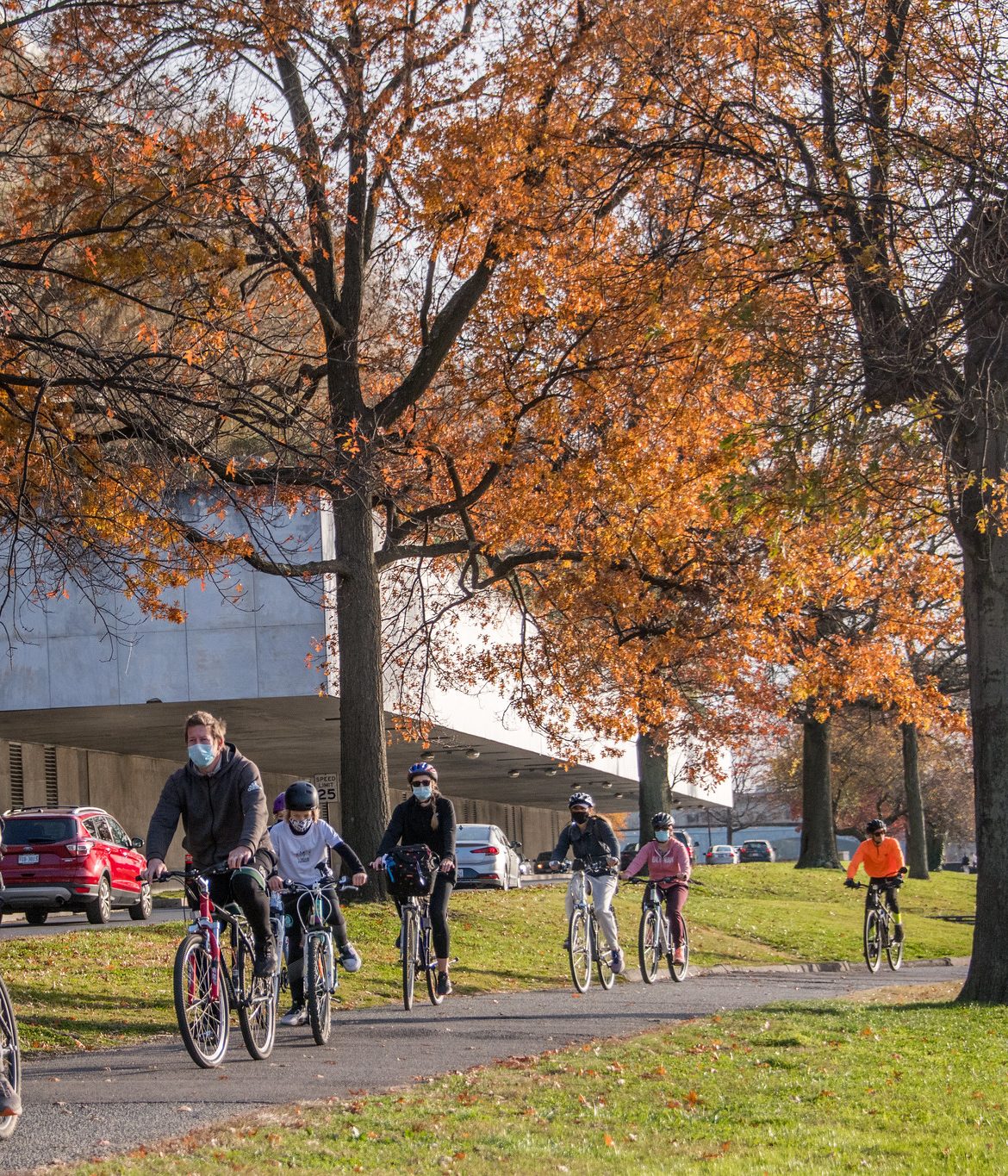
Tomorrow, Transportation Secretary Pete Buttigieg heads to Capitol Hill for his first hearing as Secretary, where the House Transportation and Infrastructure Committee will question him on the Biden administration’s goals for infrastructure. We’ve been impressed by Sec. Buttigieg’s rhetoric so far—from his commitment to repairing the damage in Black and brown communities caused by urban highways to making fix-it-first his “mantra”—so we want to hear how he’ll make it happen.
They said “no new money for transportation” was a bad message. They were wrong.
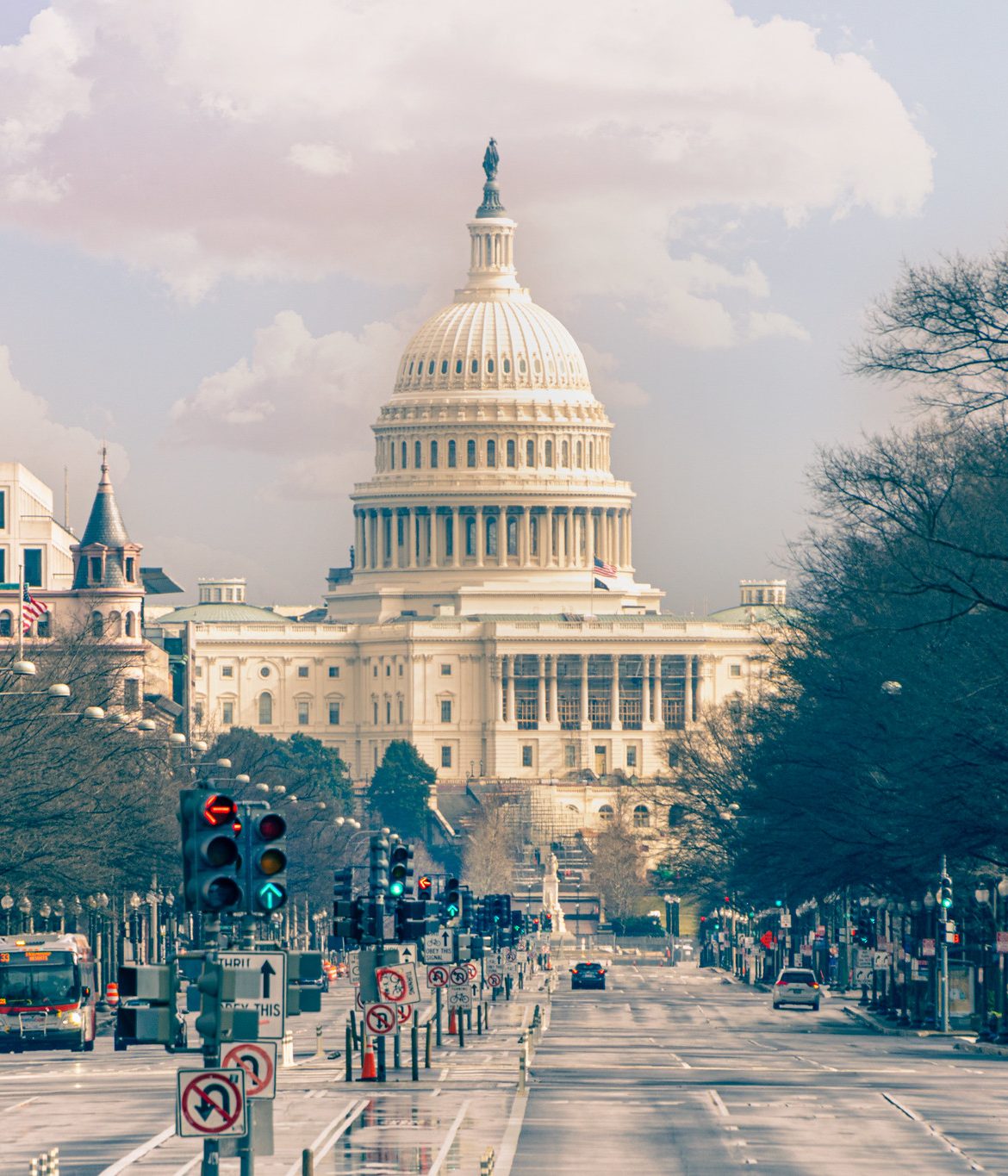
Two years ago, Transportation for America bucked advocacy convention by refusing to talk about funding, discussing only the outcomes of funding instead. We even said that we do not support any new funding for transportation if the underlying policy doesn’t change. Our surprising strategy has yielded results.
Public transit needs $39.3 billion in the next COVID package
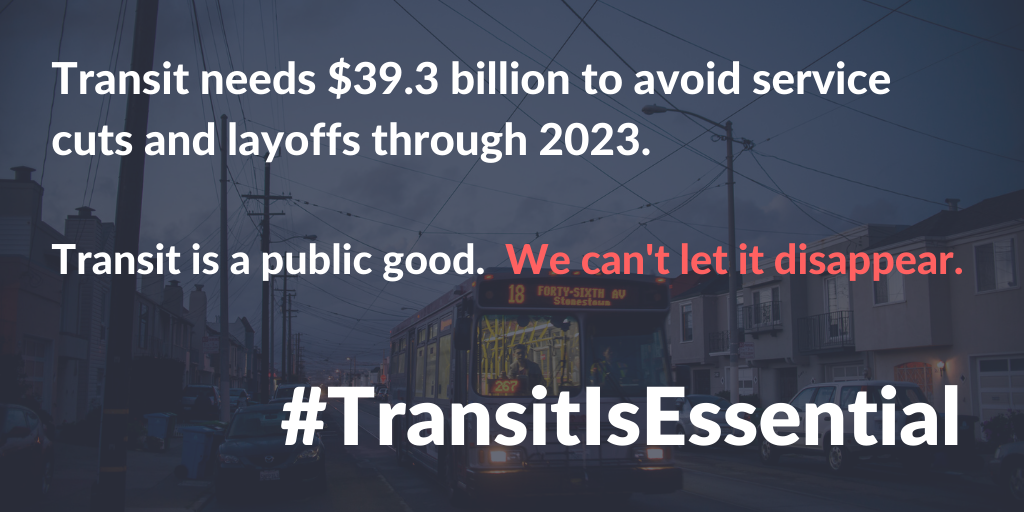
Public transit has been decimated by the pandemic. While the December 2020 COVID package gave transit much-needed support to keep running essential service, this funding will start running out in the spring—as soon as cities and towns prepare to reopen. We urge Congress to provide at least $39.3 billion in emergency relief to prevent transit cuts through 2023.
RELEASE: The emergency funding for transit and Amtrak is good but not enough

Late Monday evening, Congress passed appropriations for fiscal year 2021 that included $908 billion in a supplemental COVID-19 relief package. Transportation for America and our partners the Alliance for a Just Society, NRDC, and U.S. PIRG released this statement:
Over 160 elected officials and organizations support fundamental changes to the federal transportation program

In a letter to Congressional leadership, over 160 elected officials and organizations urge Congress to prioritize maintenance, safety over speed, and access to jobs and services in the next long-term transportation law
Three things to know about the Senate’s FY21 appropriations for transportation
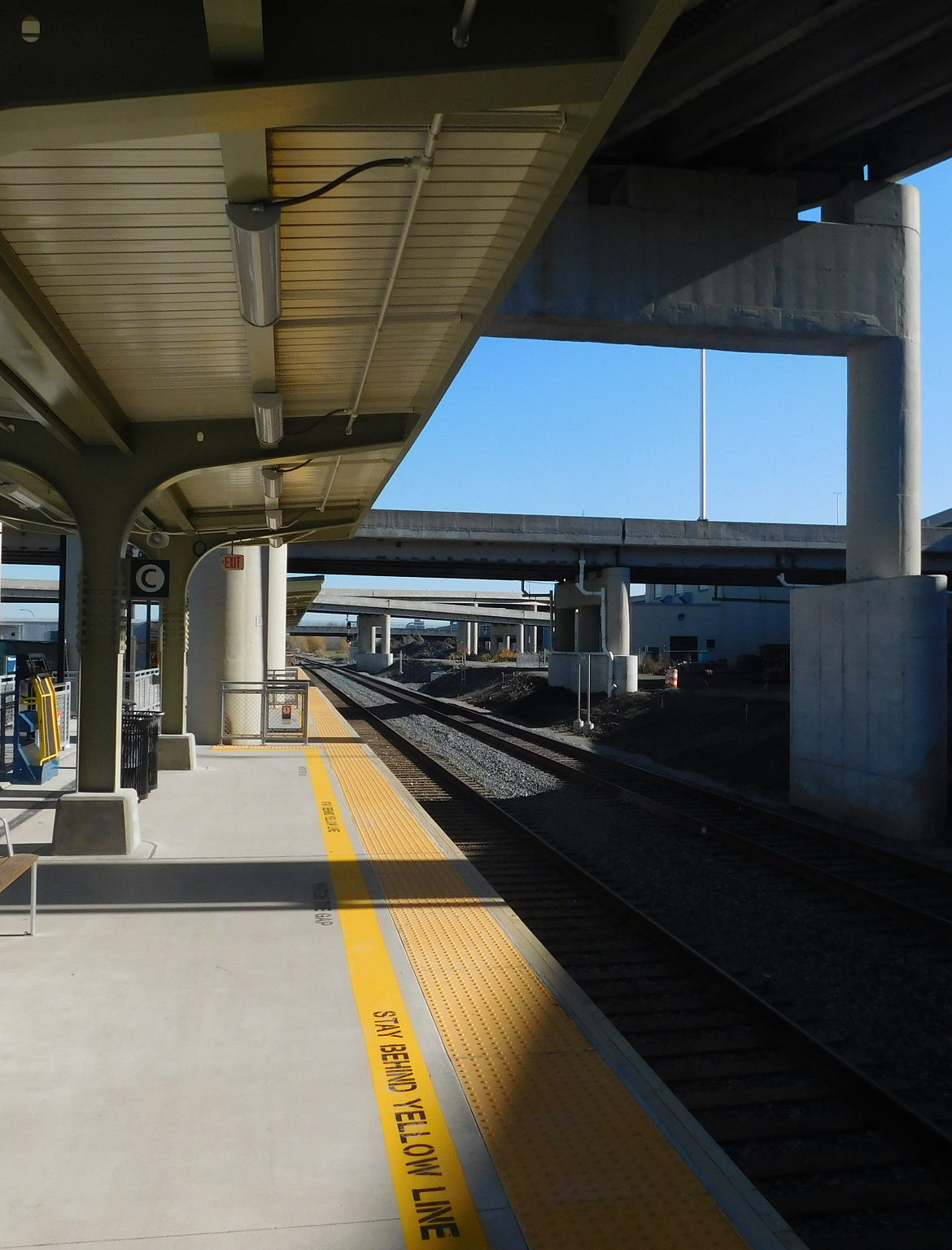
Last month, the Senate Appropriations Subcommittee on Transportation, Housing, and Urban Development released a proposal for fiscal year 2021 that cuts funding for important transit and passenger rail grant programs. With only 10 days until the government runs out of funding, the clock is ticking for the House and Senate to reach an agreement on their two very different appropriations bills.
It’s time to fund public transportation and highways equally
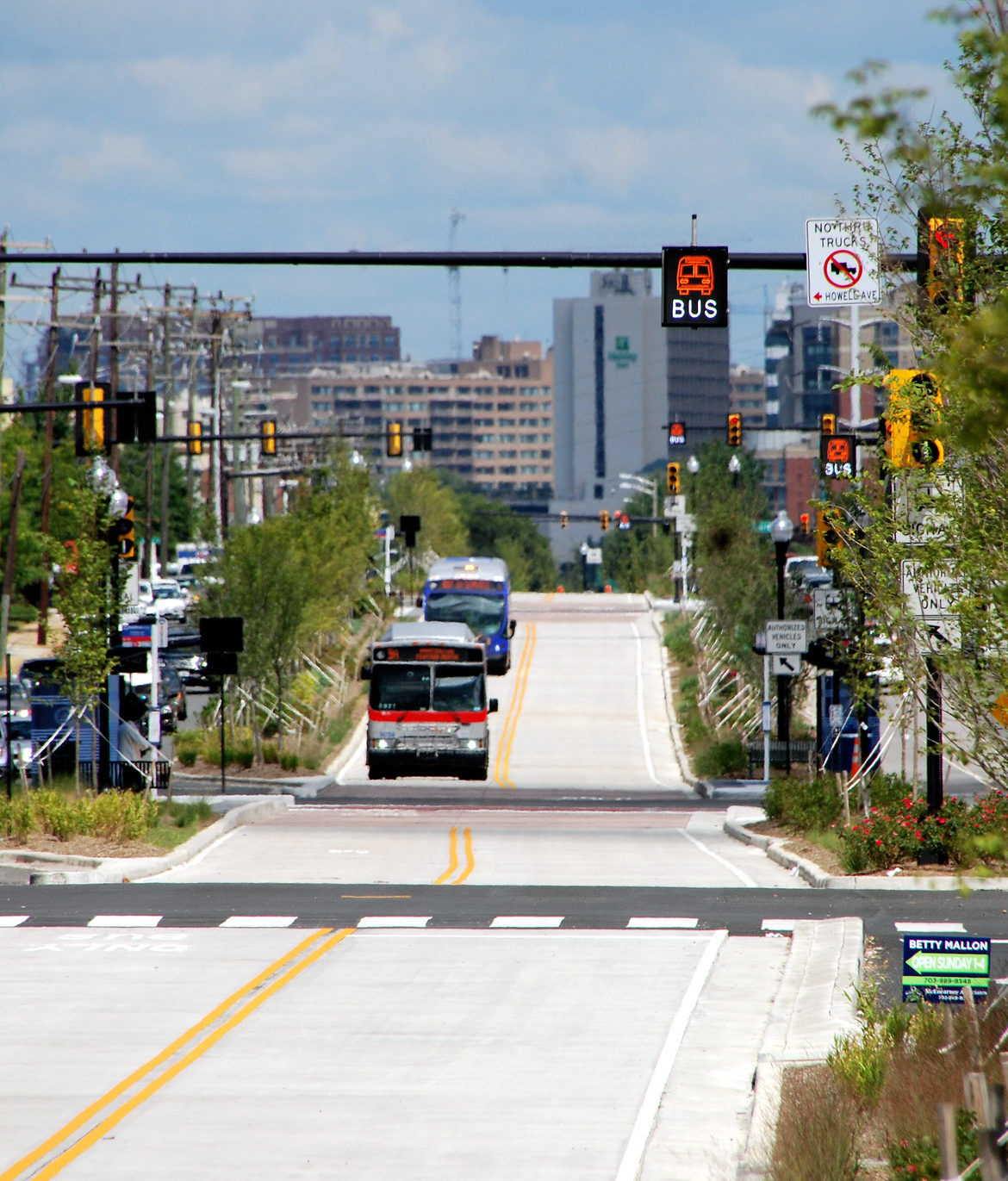
With a new Congress preparing to take office—bringing hopes of an infrastructure stimulus with them—it’s time to end an outdated agreement keeping American transportation stuck in the ‘80s: restricting public transit to only 20 percent of federal transportation funding while highways get 80 percent. Sign our petition today to tell Congress to fund them equally.
How transit agencies are keeping workers and riders safe
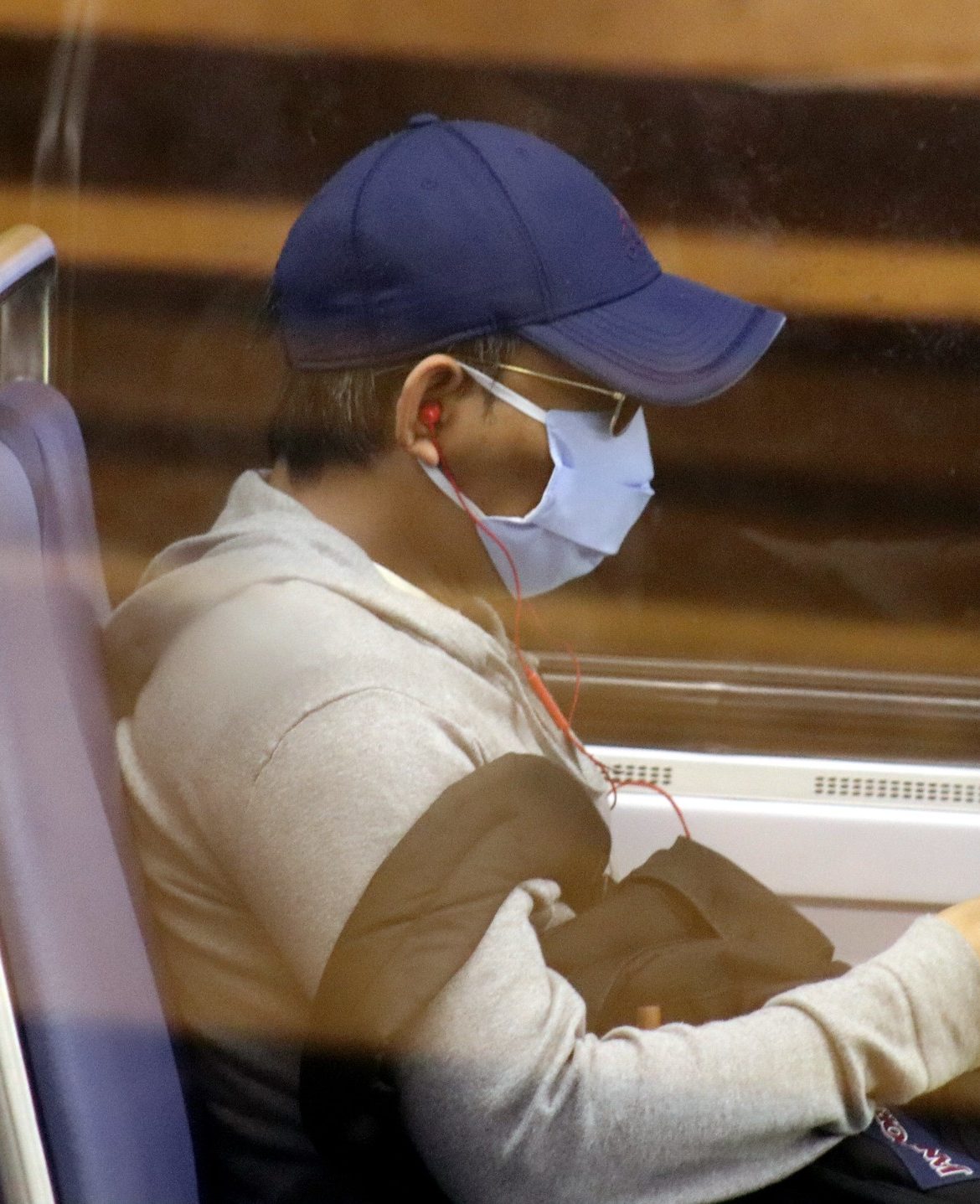
As we slowly settle into a new normal, transit agencies across the country are making big changes to their operations to keep employees and riders safe. We checked in with our transit agency members across the country to see how they’re adapting to COVID-19 and what they need to keep going.
A bipartisan transportation bill isn’t always good: but it can be
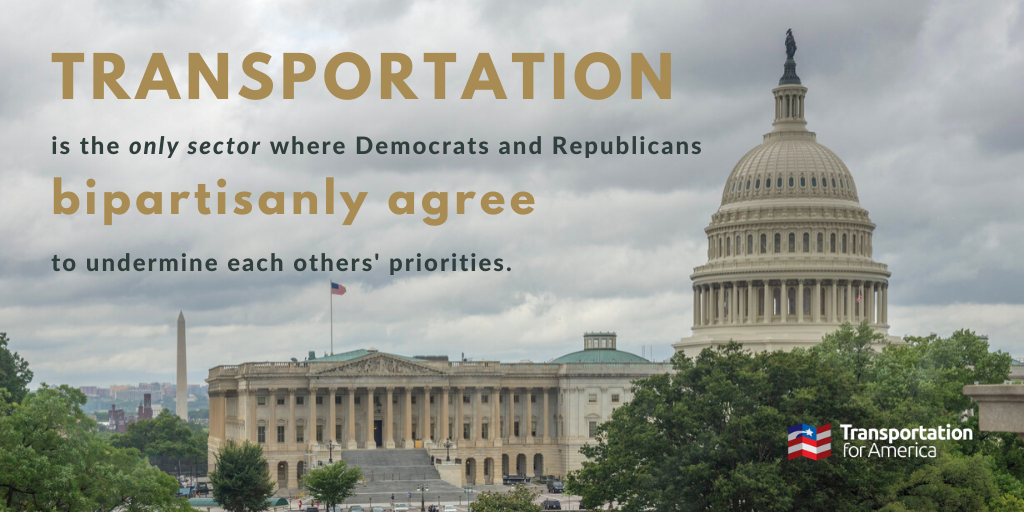
Last summer, the Senate Environment and Public Works Committee passed a transportation bill lauded by both sides of the aisle. While the bill was indeed bipartisan, it does great damage to the priorities of both the Democrats and Republicans. Our director Beth Osborne explains why bipartisanship on its own doesn’t make a bill good, and how it’s possible to create a transportation bill that achieves both parties’ objectives.





